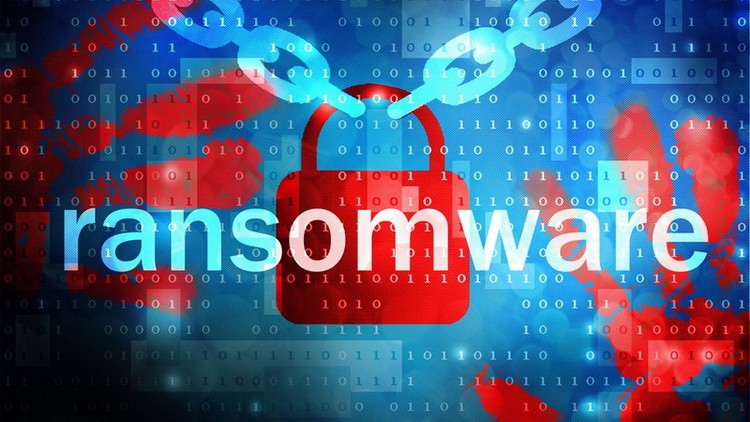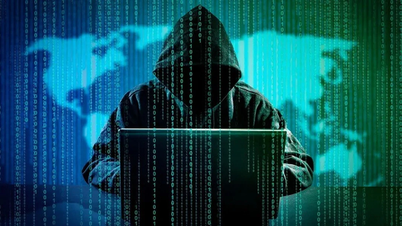Accordingly, Bkav's virus monitoring system also recorded that in the first half of this year, more than 77,000 computers in Vietnam had their data encrypted.

Ransomware is a method many hackers use to attack users.
In early May 2023, a large enterprise with a team of experienced administrators was aware that its system was attacked by ransomware, and all of its more than 10 TB of data was encrypted. The hacker demanded more than 4 billion VND in exchange for the decryption key. The problem was that the system of this unit was not protected by a strong enough anti-virus software.
In mid-May 2023, another company was attacked by hackers and their servers and personal computers were encrypted at midnight. The hackers demanded $9,000 in ransom for each encrypted computer. Bkav experts discovered that the system had been attacked by the Jianliang encryption virus, which had never appeared before.
Bkav's virus monitoring system also detected the STOP/DJVU or FARGO3 data encryption malware, which targets businesses and units using accounting data management software. According to statistics, a total of 261 servers were hacked from more than 6,000 different IPs.
Mr. Nguyen Tien Dat, General Director of Bkav's Malware Research Center, said that these are just examples of many cases showing the subjectivity of system administrators, causing ransomware to run rampant. Among the hundreds of cases that contacted Bkav for help, more than 50% of organizations and individuals did not use anti-virus software or installed insufficient protection applications.
In particular, there are units that have a lot of important data but are frugal, using free antivirus software. Free antivirus software is capable of handling common types of malware, only suitable for protecting data that is not too important because it does not have the ability to automatically detect and completely destroy data-encrypting viruses.
Data encryption malware uses many methods to attack: exploiting web service vulnerabilities, brute force password scanning on SQL services, operating system vulnerabilities, to directly attack the server. Another way is to attack a personal computer, from there silently scan, penetrate deep into servers and other computers in the network...
"The consequences of data encryption incidents are often devastating because data recovery is almost impossible. Even if the victim agrees to pay, there is no guarantee that they will get their data back from the hacker," said Mr. Dat.
To avoid data encryption attacks, experts from Bkav recommend that users and system administrators:
- Backup important data regularly
- Do not open internal service ports to the internet when not necessary.
- Security assessment of services before opening to the internet
- Install strong enough anti-virus software for constant protection.
Source link



































![[Photo] Prime Minister Pham Minh Chinh works with the Standing Committee of Thai Binh Provincial Party Committee](https://vphoto.vietnam.vn/thumb/1200x675/vietnam/resource/IMAGE/2025/5/12/f514ab990c544e05a446f77bba59c7d1)
![[Photo] Prime Minister Pham Minh Chinh receives Swedish Minister of International Development Cooperation and Foreign Trade](https://vphoto.vietnam.vn/thumb/1200x675/vietnam/resource/IMAGE/2025/5/12/ae50d0bb57584fd1bbe1cd77d9ad6d97)































































Comment (0)